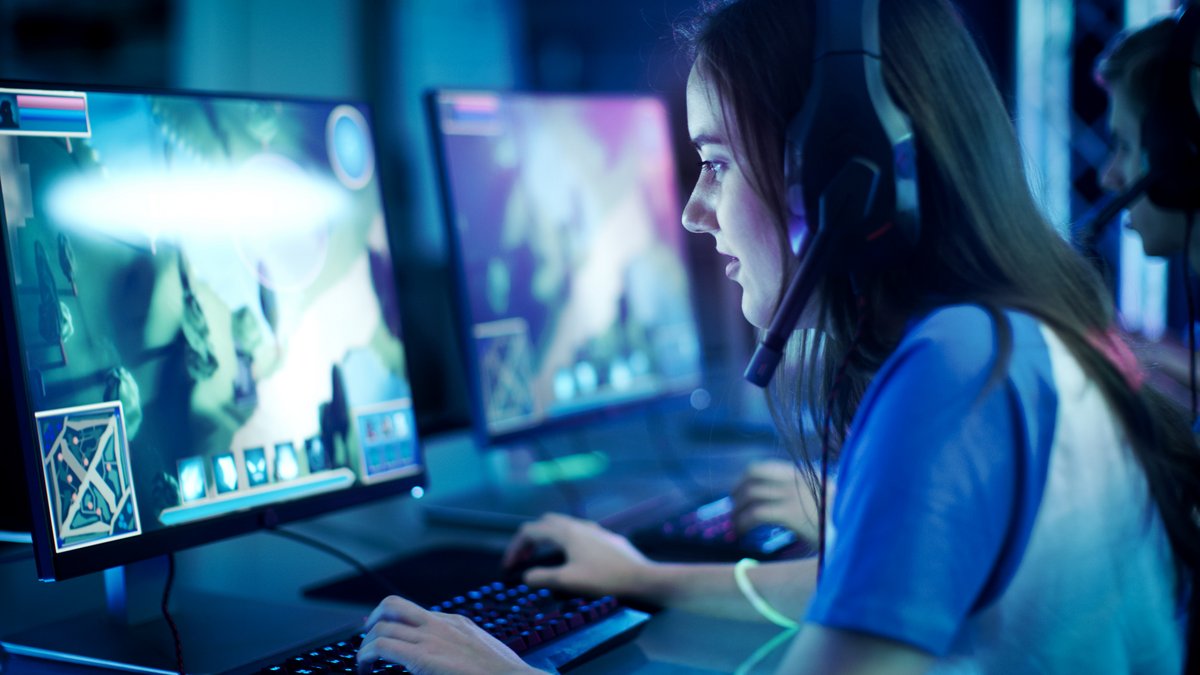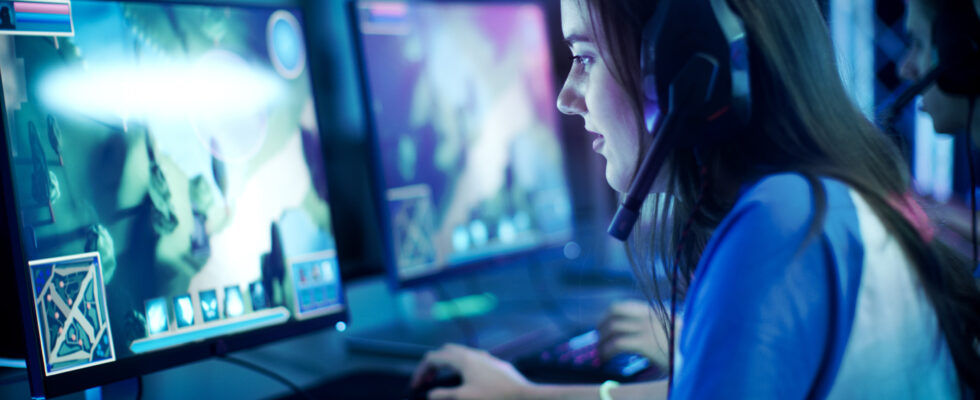Since their popularization in the 1990s, anti-virus (then security suites), have continued to convince an ever-increasing number of users, both individuals and professionals. All the more necessary with the arrival of the Internet, there is however a public more reluctant to install these solutions: the diehards gamers.
PC gamers are known to be demanding. On the one hand on the hardware with configurations that many image and sound professionals would dream of, but also on the software level by taking care to install and launch only the minimum necessary so as not to waste the precious resources that games need to run at their best. As a result, security tools, and in particular free antiviruses, which were known to be resource guzzlers ten to twenty years ago have always been the bane of gamers, but is this reputation really justified?
Gaming and antivirus: a tumultuous past
Nobody likes to be interrupted from their task by an intrusive notification or an impromptu pop-up, coming from an antivirus or security suite. Most of us can easily resume what we were doing in a matter of seconds without major consequences, but for a player, that second of inattention can be a matter of life and death (in gaming of course). , although…). Added to this is the preconceived idea that antiviruses reduce PC performance. There was no need for more for our dear PC users to avoid all security suites like the plague, some even going so far as to want to deactivate Windows Defender.
By doing a simple search on Google, you can find numerous posts on forums from players wondering if an antivirus is compatible with the game or complaining about a drop in performance since the installation or update. up-to-date security software.
Antivirus: greedy for RAM and computing power?
With the computing power that the most recent processors are capable of, an antivirus no longer takes as much computing power from the system as it did ten years ago. When it is running, an antivirus generally has two states: inactive (idle) and active (when it is performing a scan). It is during a scan that an antivirus consumes the most resources and, once again, this is on the order of one to two percent of the computing power in the majority of cases. When inactive, the antivirus only scans recently added or modified files.

The case of RAM
To detect malware, antiviruses need to compare files and websites with a list of “fingerprints” of known threats. These fingerprints weigh practically nothing but there are around ten million threats, and therefore the list is quite heavy, ranging from approximately 200 to 400 MB, depending on the antivirus. To quickly access this list, they need to store it somewhere with a fast reading speed. The RAM is ideal for hosting the list and offering a reaction time of the order of a fraction of a second to detect a threat.
Some rules to follow for a risk-free gaming experience
Even though using an antivirus prevents many problems, zero risk does not exist. Simple rules can be applied to better protect yourself during your video game wanderings:
- Avoid pirated games which may contain many viruses and other malicious programs. With opaque installation processes and often insecure sites. Peer-to-peer, a protocol often used to download pirated games, is known to be one of the most effective vectors for spreading malware;
- Likewise, pirate (private) servers of your favorite games can also be potentially dangerous. These servers are often less secure, leaving malicious people with loopholes to exploit to recover data or even find a back door to exploit to enter your computer;
- To buy games at low prices, it can be tempting to turn to key resale sites. But some of these sites are not very secure or have vague conditions of use which do not protect Internet users in any way. So avoid these sites and prefer certified resellers to avoid unpleasant surprises;
- A strong password will save you a lot of problems, particularly by preventing brute force attacks (brute-force attack). Today, many platforms and games require a complex password to prevent these types of attacks, but remembering multiple complex passwords can be difficult and a password manager won’t help;
- Finally, you should not share your login credentials for a distribution platform (Steam, Epic or any other reseller) with your loved ones on unsecured discussion channels so that they do not leak in any way or way. of another.
The best antiviruses for gamers
1

Bitdefender
-
mood
30 day trial
-
devices
3 to 10 devices
-
phishing
Anti-phishing included
-
local_atm
Anti-ransomware included
-
groups
Parental controls included
9.5
See the offer
2

Norton360
-
mood
14 day trial
-
devices
10 devices
-
phishing
Anti-phishing included
-
local_atm
Anti-ransomware included
-
groups
Parental controls included
9.3
See the offer
3

Avast One
-
mood
30 day trial
-
devices
5 to 30 devices
-
phishing
Anti-phishing included
-
local_atm
Anti-ransomware included
-
groups
No parental controls
9.2
See the offer

